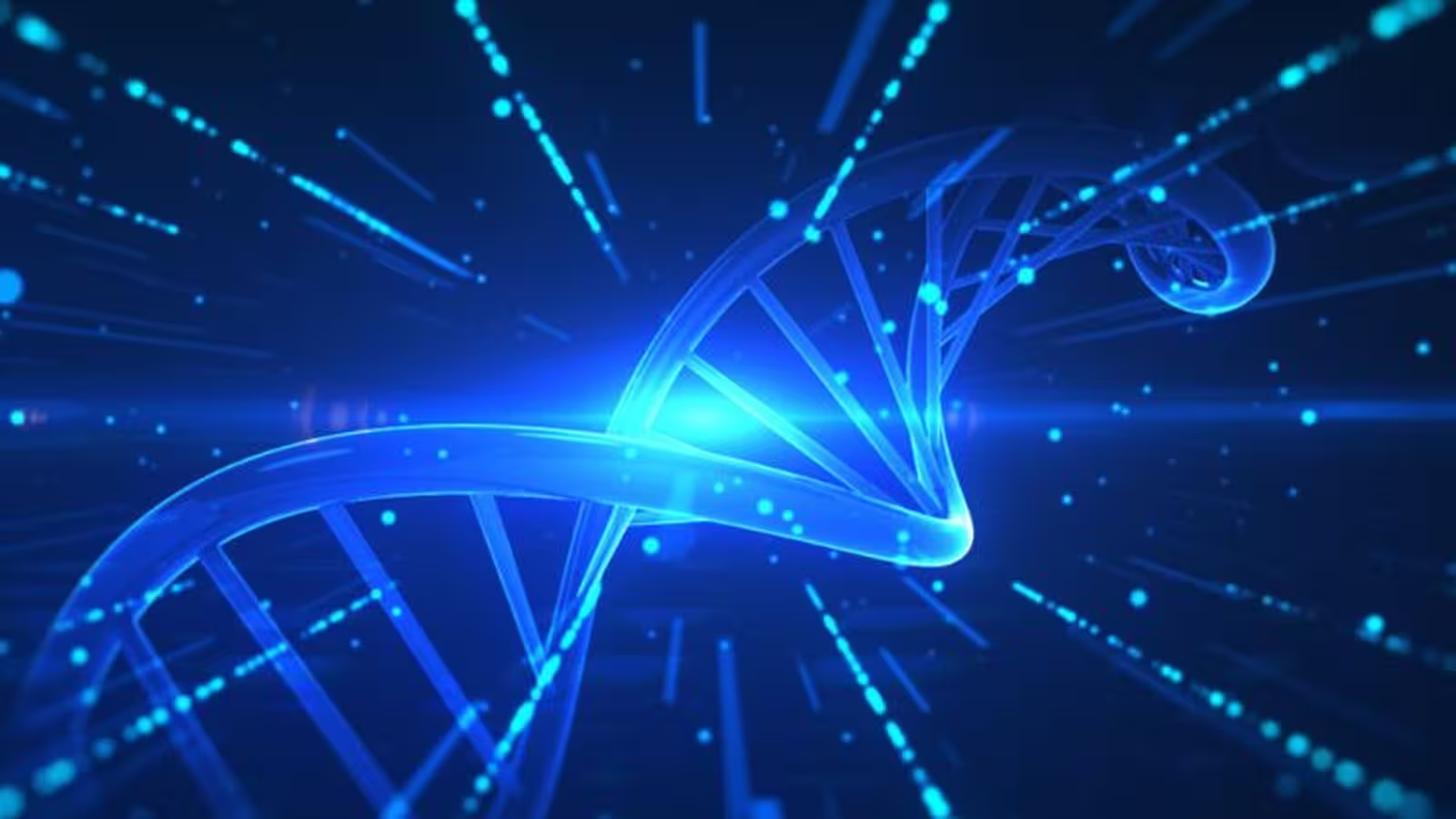4 Minutes
Pioneering the Artificial Human Genome: A Landmark Scientific Effort
In a groundbreaking development for genetic research, scientists have launched the initial phase of the Synthetic Human Genome Project (SynHG), an ambitious initiative aiming to construct human DNA entirely from the ground up. This pioneering project moves far beyond merely reading the genetic code—instead, it endeavors to engineer and write key segments of human DNA, opening new scientific horizons in genetics, biotechnology, and medicine.
Scientific Background: From Sequencing to Synthesizing
The remarkable achievement of sequencing the entire human genome was completed in 2003, revealing the foundations of our genetic material. Yet, recreating this complex blueprint synthetically poses a far greater challenge. While scientists have previously synthesized genomes for single-celled organisms—such as yeast, with up to 16 chromosomes and around 12 million DNA base pairs—these projects required decades of dedicated effort. In contrast, the human genome is composed of an estimated 3 billion base pairs across 46 chromosomes within each of the more than 30 trillion cells in the body.
The SynHG project is now taking the first practical step: digitally designing and then synthesizing a single human chromosome. This would account for about 2 percent of our entire genome and serve as a proof of concept that could validate the possibility of constructing more extensive genomic sequences in the future.
The Experiment: Digital Design, Lab Synthesis, and Major Collaboration
Central to SynHG's strategy is the digital design of DNA—carefully planning the sequence of nucleotides that make up a human chromosome before manufacturing the strand in the laboratory. This approach leverages state-of-the-art technologies in genome synthesis, artificial intelligence, and robotic assembly.
The project has attracted significant backing, including £10 million (about US$13.7 million) in funding from the Wellcome Trust, one of the world’s largest scientific research charities. The international team leading the endeavor draws on expertise from the Universities of Oxford, Kent, Manchester, and Cambridge, along with Imperial College London. According to project leader and renowned molecular biologist Jason Chin from the Ellison Institute of Technology and Oxford, "The ability to synthesize large genomes, including those of human cells, may transform our understanding of genome biology and fundamentally change the landscape of biotechnology and medicine."
Pushing the Boundaries of Genetic Engineering
By assembling the genetic sequence of an entire human chromosome, SynHG could revolutionize both basic biology and applied medicine. Potential applications include the creation of customized cellular therapies, improved organ and tissue transplantation resistant to viruses, and the development of tailor-made cell lines for pharmaceutical research.
Challenges, Skepticism, and Ethical Concerns
Despite the project's promise, many in the scientific community remain cautious. Notably, Robin Lovell-Badge—a leading geneticist at the Francis Crick Institute—welcomes the initiative’s bold vision but emphasizes the enormous technical obstacles ahead. “You can only truly understand something if you can build it from scratch,” Lovell-Badge notes, yet he warns that synthesizing something as complex as a human chromosome is far from imminent, even with advanced AI and next-generation robotic tools.
He highlights that, so far, the creation of artificial genomes has been limited to much simpler organisms. Synthetic human chromosomes, if achievable, would represent a gigantic leap forward. However, Lovell-Badge stresses, “There is no suggestion to create synthetic humans. Such an idea remains not only unattainable but inherently unsafe.”
Addressing Legal, Ethical, and Social Implications
With the immense power of genetic synthesis comes a pressing need for oversight and dialogue. The SynHG consortium is working closely with academic, civil society, industry, and policy experts to evaluate and address potential ethical, legal, and sociopolitical impacts. Questions surrounding 'designer' human genetic traits, eugenics, and reproductive autonomy have already sparked public debate, making transparency and engagement essential.
Sarah Norcross, director of the Progress Educational Trust, underscores this point: "This kind of research is not without controversy. It is crucial that researchers and the public are in open communication—ensuring the public understands the scope and intent of the science, and that researchers respect society’s expectations and concerns."
Future Prospects of Synthetic Genomics
While a fully artificial human genome may remain a long-term vision, the advancements achieved through SynHG could accelerate a new era in synthetic genomics and medicine. Scientists expect that within the next five to ten years, they may construct a fully synthetic human chromosome, unlocking new possibilities for understanding genome function, correcting genetic disorders at the source, and driving innovation in biotechnology.
Conclusion
The Synthetic Human Genome Project marks an unprecedented milestone in the journey from sequencing to rewriting life’s most fundamental code. Though significant technical hurdles and societal questions remain, this initial proof-of-concept stands to reshape our approach to genetics and unlock revolutionary new therapies and technologies. As research progresses, careful consideration of ethical boundaries and public engagement will be essential to ensure that the benefits of this scientific revolution are realized responsibly and equitably.
Source: sciencealert



Comments